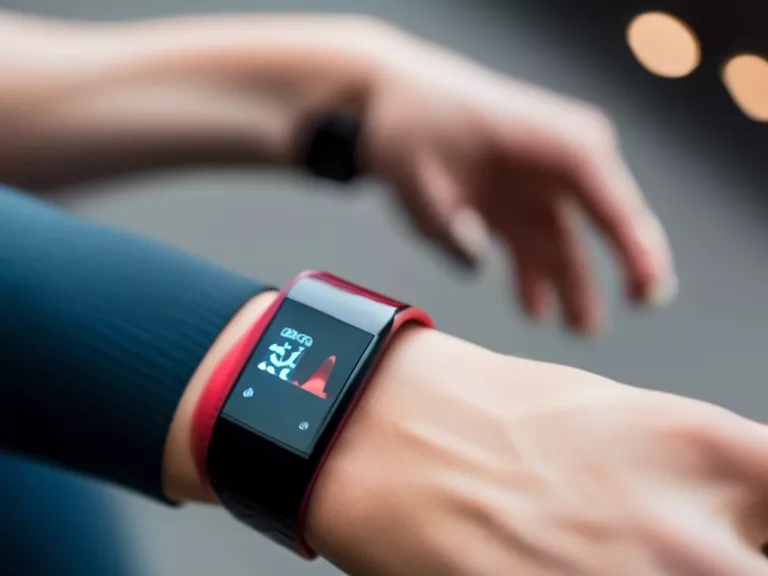
Fitness trackers have become increasingly popular tools for individuals looking to monitor their heart rate and physical activity levels. These devices come in various forms, from wristbands to smartwatches, and offer a range of features to help users track their fitness progress. By utilizing fitness trackers to monitor heart rate and physical activity, individuals can gain valuable insights into their overall health and well-being.
One of the primary benefits of using a fitness tracker is the ability to monitor heart rate during exercise. By tracking heart rate continuously throughout a workout, individuals can ensure they are exercising at the right intensity level to achieve their fitness goals. Monitoring heart rate can also help individuals identify any potential health concerns or irregularities that may arise during physical activity.
In addition to monitoring heart rate, fitness trackers also track physical activity levels throughout the day. By counting steps, calories burned, and active minutes, these devices provide users with a comprehensive view of their daily activity levels. This information can be invaluable for individuals looking to increase their physical activity or achieve weight loss goals.
Many fitness trackers also offer additional features such as sleep tracking, GPS tracking, and personalized workout recommendations. By utilizing these features, individuals can create a more holistic approach to their fitness routine and make informed decisions about their health and well-being.
Overall, using fitness trackers to monitor heart rate and physical activity can provide individuals with valuable insights into their overall health and fitness levels. By tracking key metrics such as heart rate, steps taken, and active minutes, individuals can make informed decisions about their exercise routine and make strides towards achieving their fitness goals.



